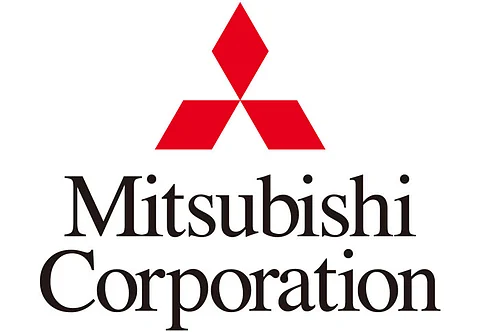
- NEWS
- the EDIT
- COMMENTARY
- BUSINESS
- LIFE
- SHOW
- ACTION
- GLOBAL GOALS
- SNAPS
- DYARYO TIRADA
- MORE

Officials of Mitsubishi Corporation have recently reaffirmed their commitment to the ambitious Metro Manila Subway Project (MMSP) after securing a contract to deliver the integrated railway systems and trackwork for the project in 2022.
During a meeting with the Philippine delegation, including Trade Secretary Alfredo Pascual in Tokyo, Japan on Wednesday, Commercial Counselor Dita Angara-Mathay of the Department of Trade and Industry field office in Tokyo reported that Mitsubishi Corporation expressed keen interest in contributing to Philippine infrastructure development via new projects that leverage its expertise in Energy Transformation and Digital Transformation within new industries.
The company reported that as of May 2024, MMSP is exceeding planned progress — the system’s preliminary design is nearing completion, with pre-final design currently underway. Regular interface meetings with civil contractors, rolling stock contractors, and other stakeholders are also ongoing.
Mathay said this aligns with Mitsubishi Group’s Roadmap to a Carbon Neutral Society, which allocates JPY 2 trillion for Energy Transformation-related global investments.
New opportunities open
Moreover, the trading house is eager to explore new business opportunities to cater to upward trends in the consumer market.
Acknowledging Mitsubishi Corporation’s existing involvement in Philippine infrastructure projects like the Metro Manila Subway and North-South Commuter Railway, Pascual emphasized the government’s focus on infrastructure development through the “Build, Better, More” program.
He said the program presents numerous opportunities for collaboration, with 185 priority projects worth P9.5 trillion ($162 billion) planned.
Valued at $1.2bn, the Mitsubishi Corp. contract for the MMSP was planned to be completed in 2028.
Under the contract, Mitsubishi will design, manufacture, install, and deliver all the systems for the subway line, which will run between the northern city of Valenzuela and the southern city of Parañaque.
Said to be the first of its kind in the Philippines, the new subway line is expected to meet the growing demand for public transportation in Metro Manila while reducing traffic congestion and atmospheric pollution.
The Metro Manila Subway Project involves the construction of a 27 km-long underground railway line comprising 15 stations.
Courting more investments
Meanwhile, Pascual also lured representatives of Mitsubishi Corp. to expand their operations, given the country’s young and skilled workforce, robust economic growth and commitment to a sustainable future make the country an ideal location for global companies like Mitsubishi.
The dialogue focused on exploring opportunities for increased investment in the Philippines, particularly in infrastructure development, energy transformation, and other key sectors.
“As we navigate the challenges of climate change, the Philippines is positioning itself as a leader in renewable energy and green metals. Our rich reserves of nickel, copper, and cobalt present immense opportunities for investment in these sectors,” Secretary Pascual stated as he pitched for stronger partnerships in agricultural technologies and modernized logistics infrastructure, including vital cold chain investments.
